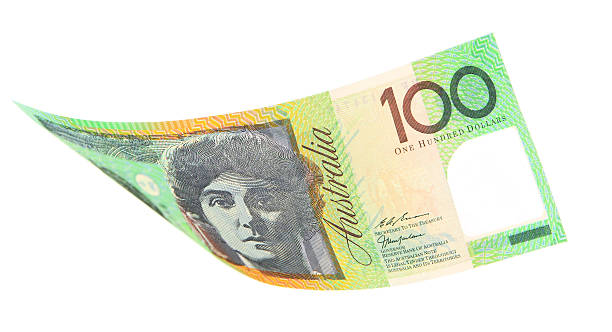The Australian Dollar was unable to hold onto gains acquired after the latest round of Chinese industrial activity gauges. In March, Chinese manufacturing PMI clocked in at 51.9 against the 51.6 estimate, fading slightly from February’s 52.6 print. Meanwhile, non-manufacturing PMI crossed the wires at 58.2 versus the 55 prediction, rising from 56.3 prior. That was the highest since May 2011. Readings above 50 indicate increasingly expanding economic activity while those below show contraction. Overall, the data seems to support the underlying narrative that China is continuing to recover in the aftermath of shifting away from a Covid-zero policy approach. Traders often look to the Australian Dollar as a highly liquid proxy of China’s economy. That is because the latter is Australia’s largest trading partner. As such, when economic activity in China expands, that tends to positively benefit Australia and vice versa. That can in turn shape how the Reserve Bank of Australia sets monetary policy. The latest data from cash rate futures point to no expected changes in RBA rates in April. In fact, cautious rate-cut bets are being priced down the road. Australian CPI unexpectedly surprised softer in February, perhaps contributing to the pause being priced in. With that in mind, it does not seem like traders took the Chinese data to do much in terms of shaping the RBA’s outlook.

Looking at the remaining 24 Hours, All Eyes Are On US Core PCE Data.
The Fed’s preferred inflation gauge is seen ebbing to 5.1% y/y from 5.4% prior. An unexpectedly sticky reading could further undermine Fed rate cut bets. That would open the door for a potential reversal in the US Dollar, which has not been receiving love from traders of late. AUD/USD continues to show a near-term upside bias, being shaped by the rising trendline from the beginning of March on the daily chart below. Immediate support is coming up. That would be a combination of the 50-day Simple Moving Average and the 38.2% Fibonacci retracement level at 0.6781. In the event of a turn lower, closing under the line exposes the early March low.

